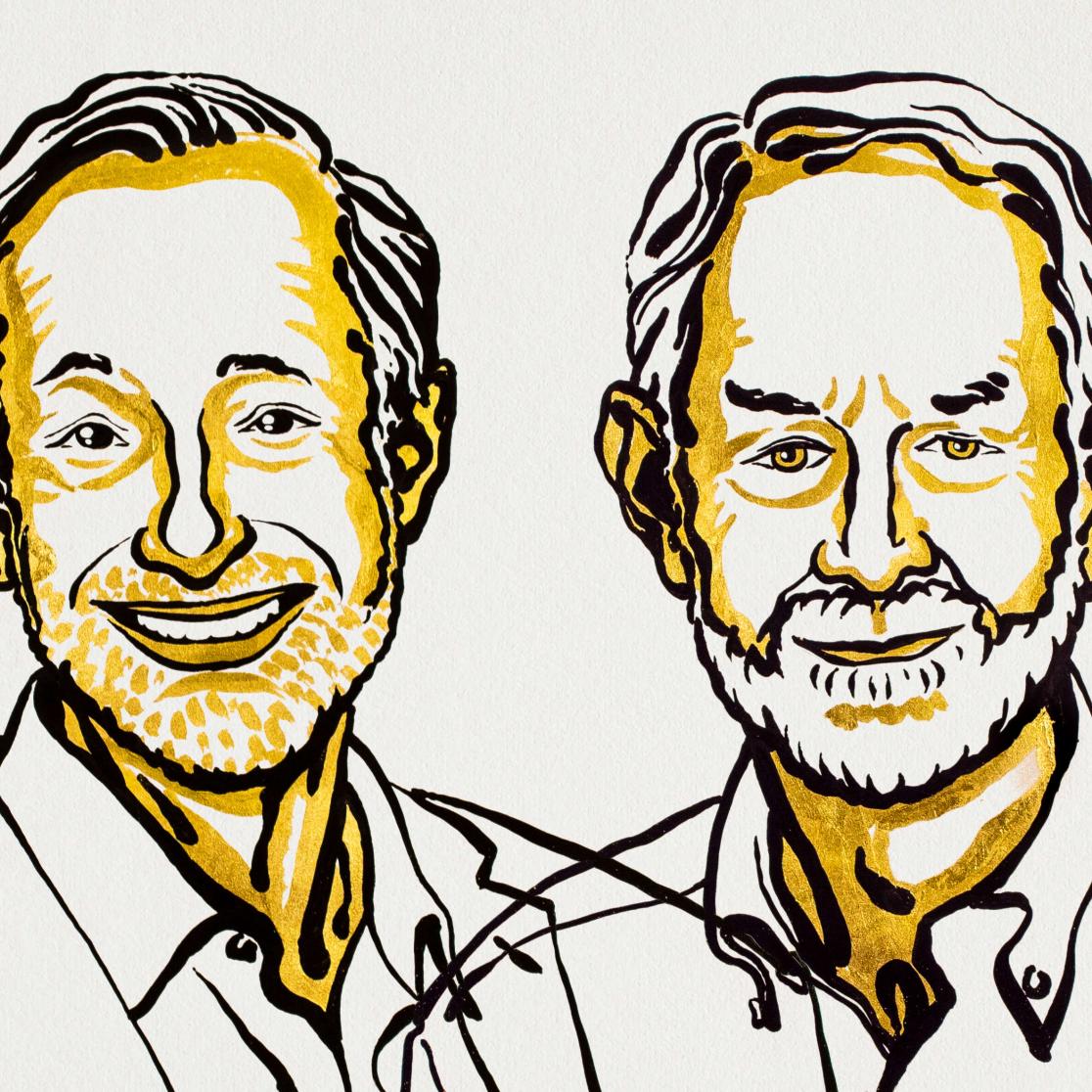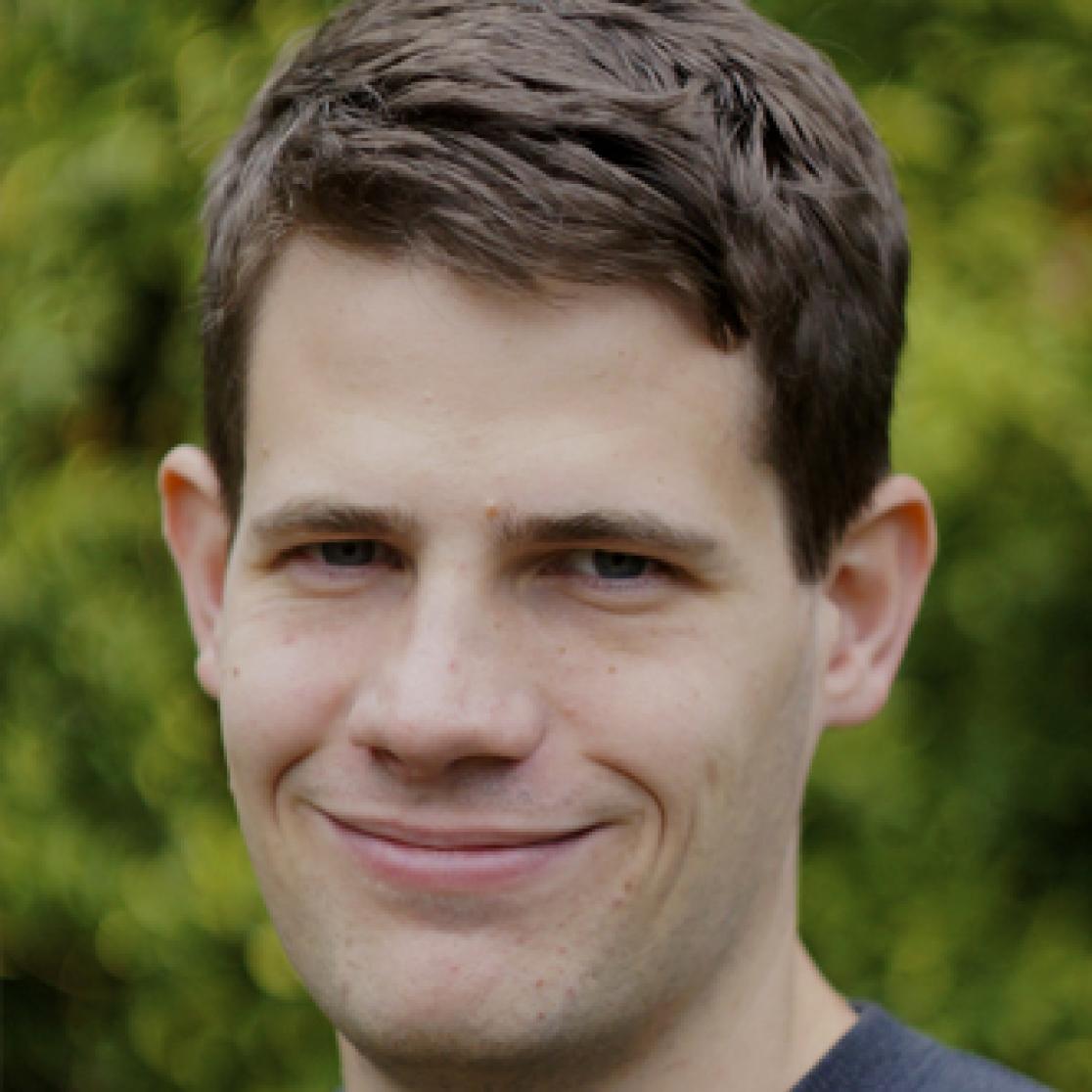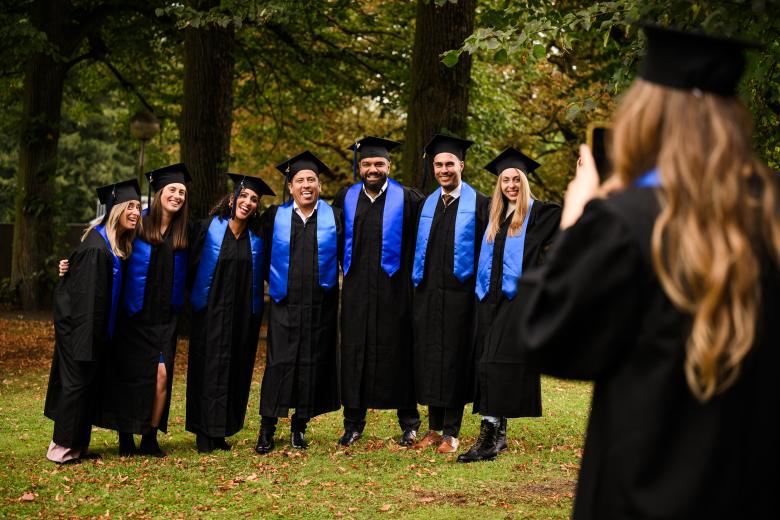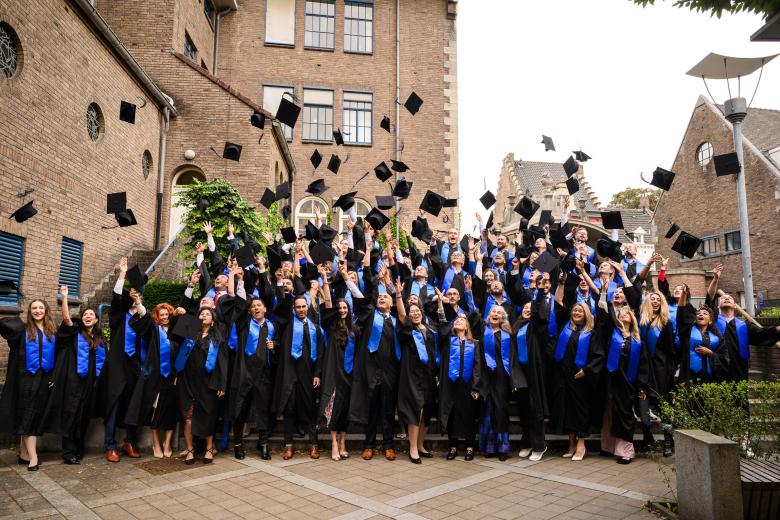SBE academics react to 2020 Nobel Prize in economics
On 12 October, the Royal Swedish Academy of Sciences awarded the Sveriges Riksbank Prize in Economic Sciences in Memory of Alfred Nobel 2020 to Paul Milgrom and Robert Wilson for improvements to auction theory and inventions of new auction formats.
The news of the prize was received with great enthusiasm here at the School of Business and Economics. We spoke with several of our academics with expertise in the field of game theory to hear their initial thoughts and reactions regarding the news.

Jean-Jacques Herings
Professor of Microeconomics & Public Economics
‘I was very excited about this excellent choice of the committee. In fact, the jury member who gave the explanatory speech in front of the world press is a close friend of mine, Tommy Andersson, and I have actually been working together with him on auctions.'
'I am very familiar with the work of both of Milgrom and Wilson, and not only their work on auctions. Milgrom has a paper with Hatfield from 2005 on matching with contracts, which inspired quite a bit of my own work on the topic. I have also had quite a few e-mail exchanges with Wilson since both of us developed algorithms to compute Nash equilibria.'
'In my opinion, both Milgrom and Wilson were prime suspects to receive the prize in economics. Both of them made great contributions to the foundations of game theory and, at the same time, were involved in practical applications like the design of spectrum auctions. Therefore, it did not come as a surprise that one day they would win the prize. Given the importance of game theory in modern economics, it also won't be the last prize that goes to this field. Work in bargaining, behavioral economics as well as work in networks, building heavily on game-theoretic machinery, is likely to be rewarded in this decade.’

Rudolf Müller
‘I know Paul Milgrom personally from several workshops that I have co-organised in the past. My first reaction when I heard the news was happiness for him that he received this well-deserved award.'
'With their work on spectrum auctions in the nineties, Paul Milgrom and Robert Wilson have been instrumental in bringing very complex auction formats into practice. By complex, I mean not only complex in terms of the rules for the bidders, but also in terms of the algorithmic complexity involved in determining the winners and the prices they have to pay. These algorithmic problems stimulated a major part of my own research over the past 20 years, and made me part of a research community on the interface between micro-economics, in particular game theory, computer science, and operations research. It also led to the SBE course Auctions and Electronic Markets that I introduced in 2005 with my colleagues Dries Vermeulen, and that is still part of our Bachelor curriculum.'
'I am glad that the prize was awarded to researchers that have paved the way to design systems for market interactions that are based on solid economic theory. Al Roth, Nobel laureate in 2012, coined this “economic engineering”. I know that Paul Milgrom taught himself a lot of techniques from Computer Science and Operations Research to incorporate them into ever better auction designs. As so many economic and social interactions are now computerized, especially in times of Covid-19, the prize hopefully encourages business as well governments to consult even more economists and behavioural scientists when designing markets and other digital systems of economic interaction.’

Andy Mackenzie
Assistant Professor of Microeconomics & Public Economics
‘I was thrilled to learn about this year's Nobel prize in economics! All across the world, researchers in the field have been celebrating on social media.'
'It is hard for me to provide a simple summary of my thoughts about this year's winners, as both scholars have truly made an astonishing number of fundamental contributions to a wide variety of economic topics. For just two examples that have directly impacted my own research: Robert Wilson articulated the visionary idea that game theorists should avoid unrealistic assumptions about what individuals know about each other---a particularly critical idea when designing auctions!---and this idea has influenced my methodological choices across a number of projects. Paul Milgrom (and co-author John Hatfield) introduced matching with contracts, a powerful model for unifying insights across auctions and matching (such as matching children to schools), which I am using in a current project. Of course, this doesn't even begin to scratch the surface of what these two have done for the field!'
'I found this year's prize fitting, as it follows a remarkably strong tradition of prizes in the field. Auctions are one of the prominent real-world situations where economists have effectively used market design: applying the theoretical tools of mechanism design while taking into account practical considerations to ultimately implement better institutions. These theoretical tools concern problems with asymmetric information, where different individuals have different information (for example, when you know your own preferences but not mine), and when designing these institutions, economists carefully take the incentives of participants into account using game theory.’

Christian Seel
Associate Professor of Microeconomics & Public Economics
'Game theory is a huge field. As several recent prize winners came from other areas of research, I felt it might be time for the field of game theory to show up again. However, I was a bit surprised that the prize was awarded to the subfield of Auction Theory, as the Nobel Prize in 2007 was already awarded to Auction Theory/Mechanism Design. Yet, the work of Wilson is by no means limited to his contributions on auctions. Personally, I would even associate him more to his theoretical work on equilibrium refinements.'
'My first contact with Paul Milgrom and Robert Wilson’s work was as an undergraduate student when the seminal theoretical paper of Milgrom and Weber (1982) was on our reading list in a seminar on Auction Theory. At the same time, I also came across Milgrom's book "Putting Auction Theory to Work", which starts from theoretical foundations and proceeds to give concrete advice for Market Design. I first heard about Robert Wilson in the context of Sequential Equilibrium, an important theoretical concept in game theory which he invented with David Kreps.'
'Both Milgrom and Wilson worked as consultants for implementing auctions and were even at the forefront of creating new auction formats. For instance, new auction formats to buy broadcast rights from TV stations and sell rights to transmit signals via an electromagnetic spectrum to mobile phone companies, so-called "spectrum auctions", come to mind. To sum up, they conducted excellent fundamental research, which later turned out to be essential for their more applied research as well.'

Arkadi Predtetchinski
Associate Professor of Microeconomics & Public Economics
'My first reaction when I heard the news was to share it with my students. They are about to start writing an essay on games of incomplete information with applications to auctions. The news should boost their motivation!'
I was not surprised that the award went to scholars in the field of game theory. This year's award continues the (by now long) list of nominations for various contributions to game theory:
- 1994: John C. Harsanyi, John F. Nash Jr. and Reinhard Selten
- 1996: James A. Mirrlees and William Vickrey (one of Vickrey's most notable works is on the analysis of the second price auctions, also known as ... Vickrey auction!)
- 2005: Robert J. Aumann and Thomas C. Schelling
- 2007: Leonid Hurwicz, Eric S. Maskin and Roger B. Myerson
- 2012: Alvin E. Roth and Lloyd S. Shapley.
Since auctions are so closely related to mechanism design, the award of this year could be seen as a follow up on the award of 2007.'
'Auctions is one of the (few) areas where game theory has made a genuine practical impact. Auctions are becoming an increasingly important market mechanism. Spectrum auctions is a great example of this. This is how the rights to use specific bands of electromagnetic frequencies are being sold. Spectrum auctions raise staggering amounts of money. Another example is eBay. This practical impact of the field has probably been one of the factors driving the decision of the award committee.'

Check out the online lecture provided by the department Microeconomics and Public Economics in which they provide a glimpse into the extraordinary achievements of this year's Laureates Paul Milgrom and Robert Wilson.
Also read
-
SBE researchers involved in NWO research on the role of the pension sector in the sustainability transition
SBE professors Lisa Brüggen and Rob Bauer are part of a national, NWO-funded initiative exploring how Dutch pension funds can accelerate the transition to a sustainable society. The €750,000 project aims to align pension investments with participants’ sustainability preferences and practical legal...

-
Maastricht University recognised among top institutions in CEO Magazine’s 2025 Green MBA Rankings
We are proud to share that Maastricht University School of Business and Economics has been recognised as a top-ranked institution in the CEO Magazine 2025 Green MBA Rankings.

-
Global recognition for SBE’s Executive Education by Financial Times
We are proud to announce that Maastricht University School of Business and Economics (SBE) has secured an impressive global ranking of 84th in the Financial Times Open-Enrolment Executive Education Ranking 2025.
